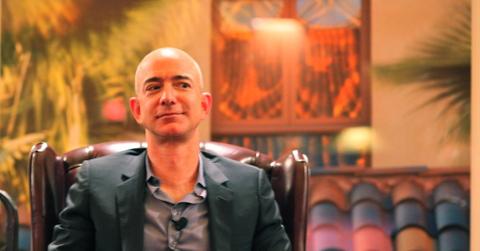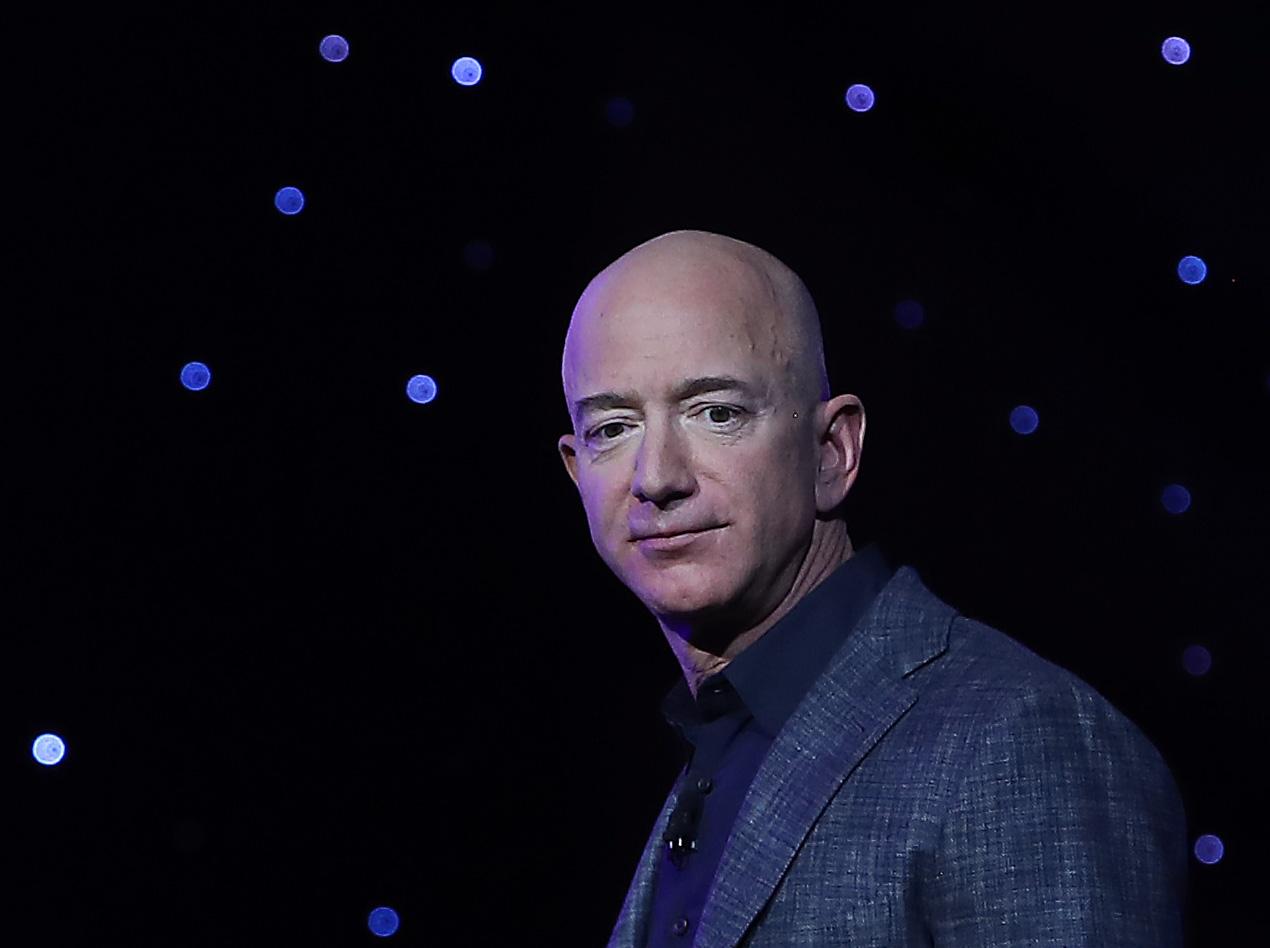Jeff Bezos Couldn't End Global Poverty, But There Are Other Options
The real question for Jeff Bezos (whose soaring net worth puts him at the top of the list of world's richest people) is whether he can end poverty.
April 22 2021, Published 2:23 p.m. ET
In their 35th Annual World's Billionaires list, Forbes named Amazon founder Jeff Bezos the richest person in the world in April for the fourth year in a row. Many wonder whether his immense net worth could end the world's poverty.
Bezos' $177 million net worth is not a lump sum, nor is it all liquid. But even if it were, crunching the numbers shows he couldn't afford to end poverty for any substantial period of time.
How much would it cost to end poverty in the U.S. and the world?
According to the World Economic Forum, it would cost $267 billion to end global poverty for one year. In America, the stats are lower depending on how you define poverty. For instance, it would cost the U.S. Department of Housing and Urban Development (HUD) about $20 billion to eliminate homelessness within the nation. Then there's also the issue of hunger and the ability to afford basic necessities and niceties.
In the U.S., it can feel like the federal government spends so much money on governmental assistance. However, it's just not enough, especially when compared to corporation valuations. Amazon (NASDAQ:AMZN) has a market cap of $1.68 trillion, of which Bezos owns 11.1 percent (and that's only a portion of his assets).
Nevertheless, Jeff Bezos' net worth can't solve poverty.
With a current net worth of $177 billion, Bezos would go into debt if he attempted to end global poverty with his wealth. He would also lose all of his Amazon stake, which he's not likely to go for.
However, there are things Bezos can solve with his net worth. For $10 billion per year, he could put a major dent in world hunger. He could educate 10 million children for $7.5 billion. Bezos could also replace all the lead pipes in Flint, Michigan for no more than $50 billion.
Bezos can also help prevent poverty and other systems of injustice.
Regardless of his wealth, attempting to simply put a pause on poverty will only go so far. Those with massive amounts of wealth are better off delegating their funds to groups who are out to solve the systems that allow for poverty in the first place.
Take a look at Mackenzie Scott, for instance. Scott is an author and philanthropist who also happens to be Bezos' ex-wife. Now married to a high school science teacher, Scott has pledged to donate a huge portion of her wealth. Recently, she gave $410 million to historically Black colleges as part of the $6 billion in total she donated over the year.
Bezos is also committed to donating a majority of his wealth on paper, having signed the Giving Pledge. But the fact that his wealth is so high raises the stakes that much more. Also, the pledge is not binding and those who sign it promise to donate the bulk of their wealth either in their lifetime or upon their death.


